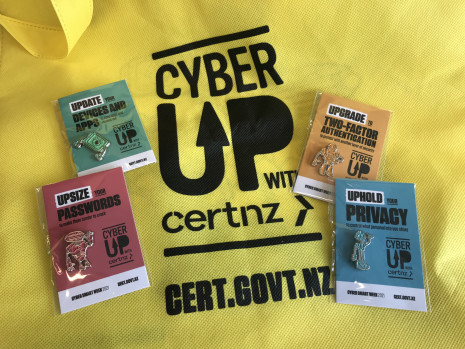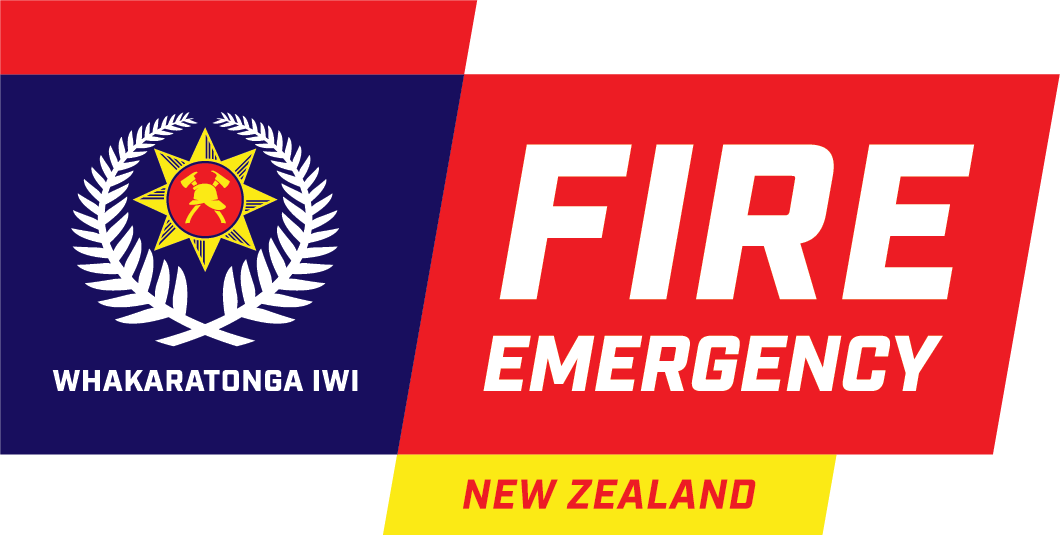Cyber Smart Week – Upsize your passwords and Quiz

We all have a role to play in keeping ourselves and Fire and Emergency safe online. Cyber safety is increasingly important in our day-to-day lives.
Most of us use mobile devices for work and play, and phishing and ransomware campaigns that threaten our personal and work devices are becoming more common. Around 20% of New Zealanders have experienced or been affected by a cyber threat – that figure continues to rise.
Cyber Smart Week provides an opportunity to reinforce some simple steps that can help keep you safe online - and in turn - help protect Fire and Emergency's networks and systems.
Over the coming week, we'll be sharing simple steps each day that can help you Cyber Up.
We'll also be sharing a quiz this Friday, with giveaways courtesy of Cyber Smart Week's lead agency, CERT NZ. Keep an eye out for each daily post, complete the Q&A and you're in to win tote bags and robot pins.

Upsize your passwords to make them harder to crack
One of the best ways to protect yourself online is to create strong passwords.
Strong passwords are harder for someone to crack and get access to your information over the internet. Fire and Emergency's systems can be accessed via the internet, so creating a strong password helps protect our information from being accessed by malicious parties, whose activities could bring our systems down.
Our advice:
- Long and strong passwords are much harder for attackers to crack. We recommend creating a passphrase. Try a string of four or more words. It is easier to remember and far more secure than a random mix of letters, numbers and symbols.
- Make sure you use different passwords on each account. That way, if an attacker gets hold of one of your passwords, they will not get access to your other accounts. It also means you only have to change the password for that one account.
- Need help? Check out CERT NZ’s Guide to Good Passwords(external link)
